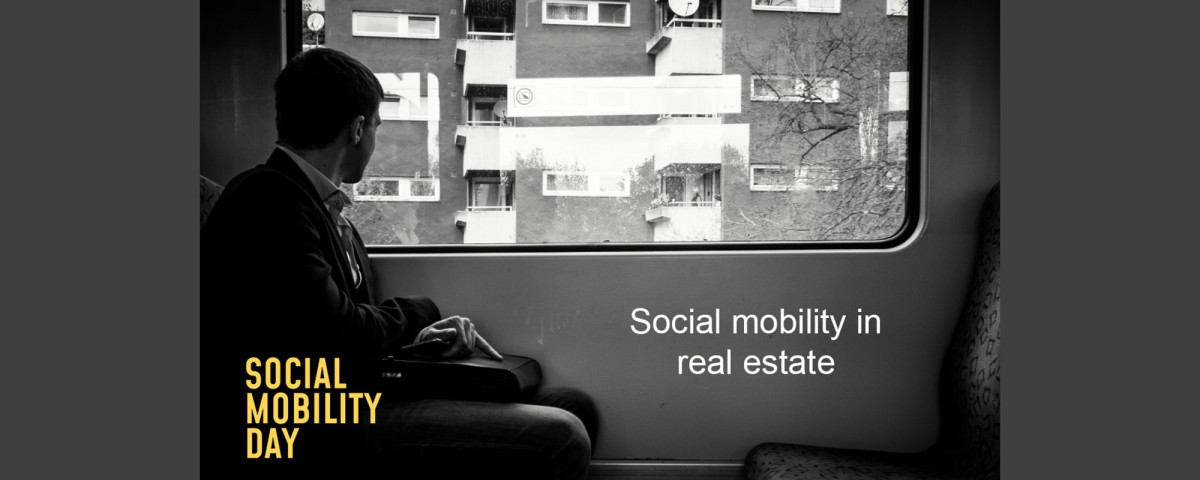
Social Mobility Day 2025 aims to raise awareness, promote conversations, and encourage action to improve social mobility in the UK.
The PLA are proudly supporting the Academy of Real Assets and Pathways to Property throughout 2025, two organisations which are focused on making a practical impact on improving access to the wider Real Estate industry to students from lower socio-economic backgrounds. We encourage PLA members who are keen to support them to reach out and get involved in the varied programmes and activities that they offer:
The Academy of Real Assets
The Academy of Real Assets stand for increasing access, diversity, and intellectual curiosity amongst UK schools and students by connecting them to some of the country’s leading real estate and real assets firms through events and work experience opportunities. Contact: Stephen Yorke, CEO stephen@acadrealassets.com
Pathways to Property
Working in close partnership with the real estate sector, Pathways to Property are working to break down barriers for young people from under-represented backgrounds to access the industry. It supports future leaders to develop knowledge and experience, raise aspirations and access opportunities as they take their first steps towards becoming a future real estate professional. Contact: Paddy Allen, Chair paddy.allen@kineticcapital.co.uk
- Social mobility measures the extent to which people can move between different socio-economic groups within their own lifetime and between generations. In the OECD rankings, the UK ranks the lowest among 38 member countries.
- Measuring socio-economic background is complex. There is no single indicator that captures fully the multifaceted nature of a person’s background and the opportunities that have been made available to them. According to the Social Mobility Commission, parental occupation of the main household earner when 14 years old is the best individual measure to assess someone’s socio-economic background and is applicable to people of all ages and internationally. In 2021 the SRA updated the socio-economic questions in its survey requests to include this indicator.
- The legal industry remains one of the least diverse professions by socio-economic background. Numerous studies show that socio-economic background is the biggest barrier for individuals to access and succeed within the legal sector.
- Data from the SRA show that the proportion of individuals from higher socio-economic backgrounds in the legal profession is 67%, significantly higher than the UK workforce at 37%. At partner level, the gap is even wider at 76%.
- Recent statistics from the Bridge Group show it takes those from lower socio-economic backgrounds a year and a half longer to reach partner in a UK law firm compared to peers from higher socio-economic backgrounds, and the negative effects of being from a lower socio-economic background are compounded for women and those from minority ethnic groups.
The PLA's commitment to equity, diversity & inclusion
The PLA's ED&I committee was established in 2024 to provide members with support, guidance and resources to help the PLA and its membership become more representative of the firms and wider communities that we all serve. One of the key strands of the committee's work is to ensure that irrespective of socio-economic background, those with a passion for this area of law are supported and encouraged to fulfil their goals. Members of the committee will be joining the PLA's online speed mentoring event on 2 July as mentors for those who wish to touch on this and other aspects of equity, diversity and inclusion as part of the conversation.
Photo credit: Boris Thaser (original image does not include the overlaid text)